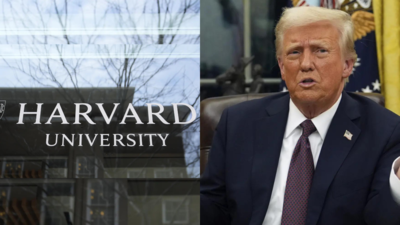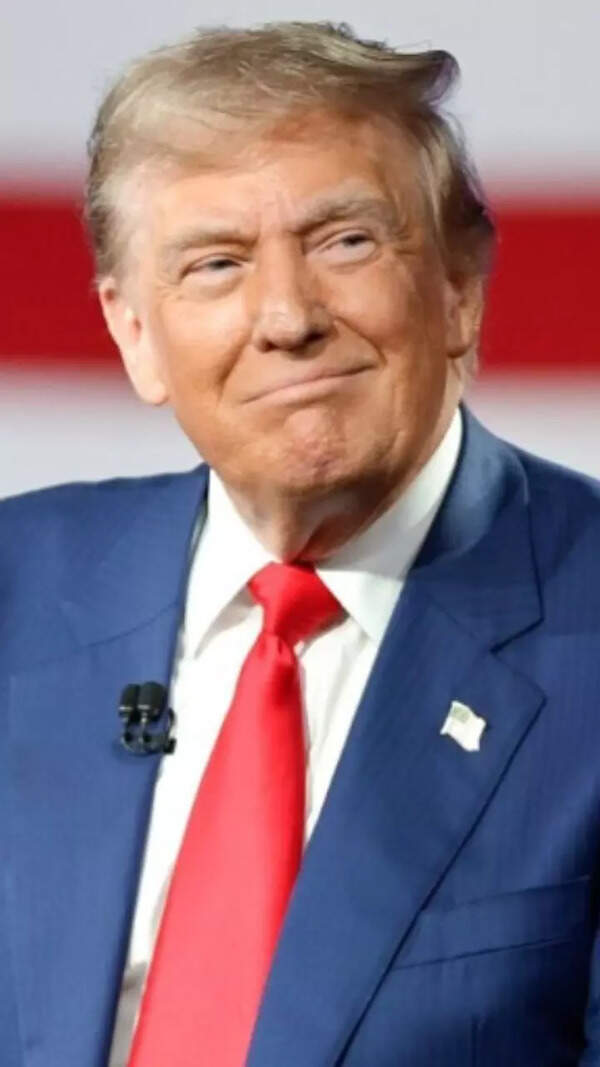- News
- World News
- US News
- Harvard–Trump row over antisemitism letter may have stemmed from a mistake: Report
Trending
Harvard–Trump row over antisemitism letter may have stemmed from a mistake: Report
A confrontation ignited between Harvard University and the Trump administration over antisemitism policies, potentially triggered by an erroneously sent letter containing unacceptable demands regarding hiring, admissions, and curriculum. Despite initial disavowal, the administration escalated the conflict, threatening Harvard's funding after the university went public, leading to a significant clash possibly fueled by internal miscommunication within the White House.
A dramatic confrontation between Harvard University and the Trump administration over antisemitism policies may have stemmed from a mistaken letter, according to a New York Times report citing multiple sources familiar with the situation.
Harvard received a letter on April 11 from the White House’s antisemitism task force, containing a series of demands about hiring, admissions, and curriculum, terms that university officials deemed impossible to accept. A Trump administration official called Harvard days later to say the letter was “unauthorized” and “should not have been sent,” the NYT reported.
Despite the disavowal, the administration has since doubled down, threatening Harvard’s federal funding and tax-exempt status after the university publicly rejected the letter’s demands. A senior White House official, May Mailman, told the Times, “It was malpractice on the side of Harvard’s lawyers not to pick up the phone and call the members of the antisemitism task force whom they had been talking to for weeks. Instead, Harvard went on a victimhood campaign.”
The April 11 letter was reportedly signed by three top Trump officials — Josh Gruenbaum (General Services Administration), Thomas Wheeler (Department of Education), and Sean Keveney (Department of Health and Human Services). According to three sources cited by NYT, Keveney, who is also on the antisemitism task force, sent the letter.
The timing proved pivotal. In the weeks leading up to April 11, Harvard and the administration had been in ongoing dialogue about antisemitism on campus, hoping to avoid a public clash. But after receiving the letter and deeming its demands untenable, Harvard chose to go public.
That move prompted an escalation from the Trump administration. A senior White House official defended the letter and criticised Harvard for not continuing discussions privately.
The New York Times described the episode as a “tectonic battle” between one of America’s most elite institutions and the White House — one that may have been sparked by internal miscommunication.

About the Author
TOI World DeskEnd of Article
Follow Us On Social Media









